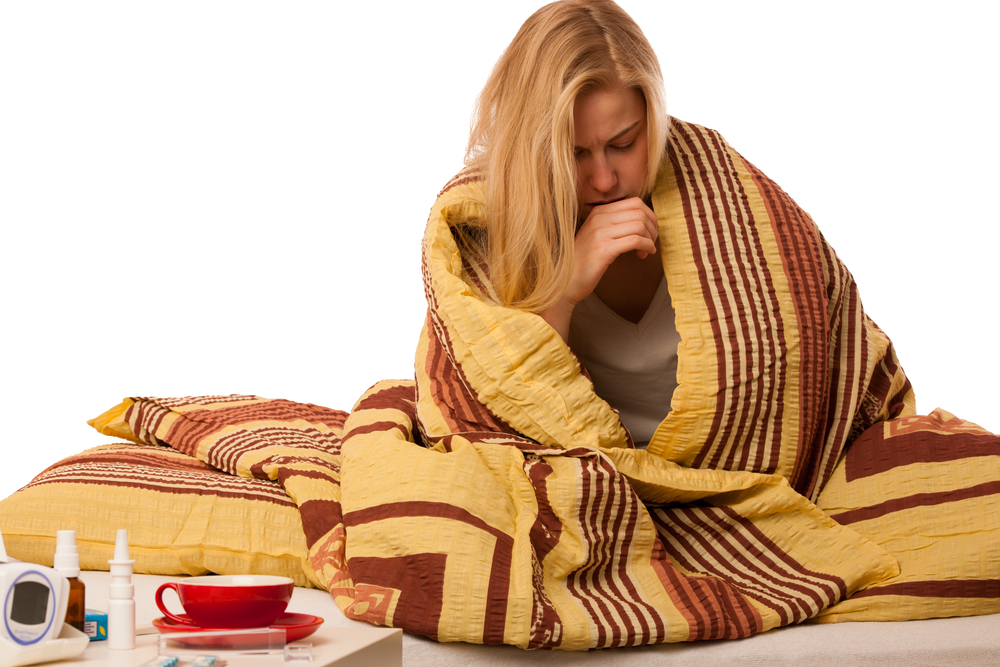DIAGNOSIS
Your immune system produces antibodies (proteins that recognize and destroy specific substances) against harmful invaders in your body such as viruses, bacteria, parasites and fungi. When you have autoimmune disease, your body produces antibodies that destroys some of your own tissues.
The following tests are used to diagnose an autoimmune disease:
- autoantibody tests. any of several tests that look for specific antibodies to your own tissues
- antinuclear antibody tests. a type of autoantibody test that looks for antinuclear antibodies, which attack the nuclei of cells in your body
- complete blood count:.measures the numbers of red and white cells in your blood; when your immune system is actively fighting something, these numbers will vary from the normal
- C-reactive protein (CRP). elevated CRP is an indication of inflammation throughout your body
- erythrocyte sedimentation rate. this test indirectly measures how much inflammation is in your body
TREATMENT
There is no cure for autoimmune disease. The treatments only attempts to control the process of the disease and to decrease the symptoms, especially during flare-ups. To alleviate the symptoms of an autoimmune disease, you can do the following:
- eat a balanced and healthy diet
- exercise regularly
- get plenty of rest
- take vitamin supplements
- decrease stress
- limit sun exposure
- avoid any known triggers of flare-ups
Medical interventions include:
- hormone replacement therapy, if necessary
- blood transfusions, if blood is affected
- anti-inflammatory medication, if joints are affected
- pain medication
- immunosuppressive medication
- physical therapy
The following alternative therapies have provided relief for some people:
- herbs
- chiropractic therapy
- acupuncture
- hypnosis


